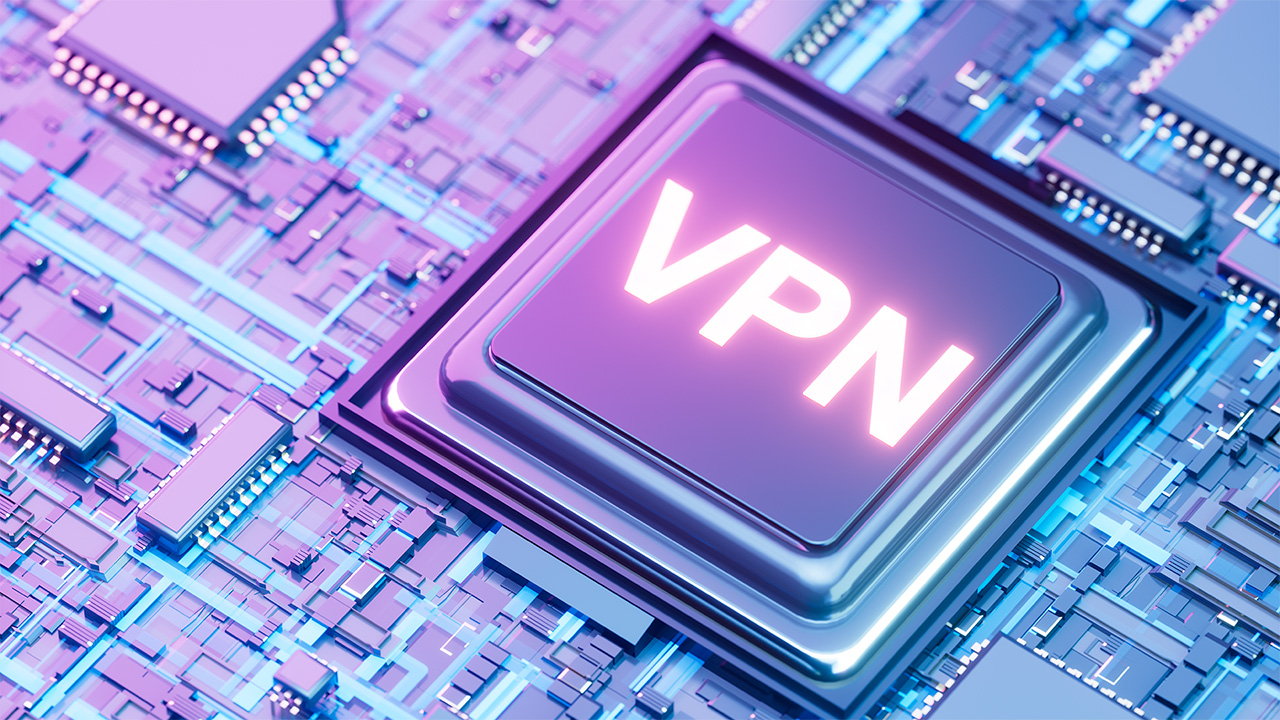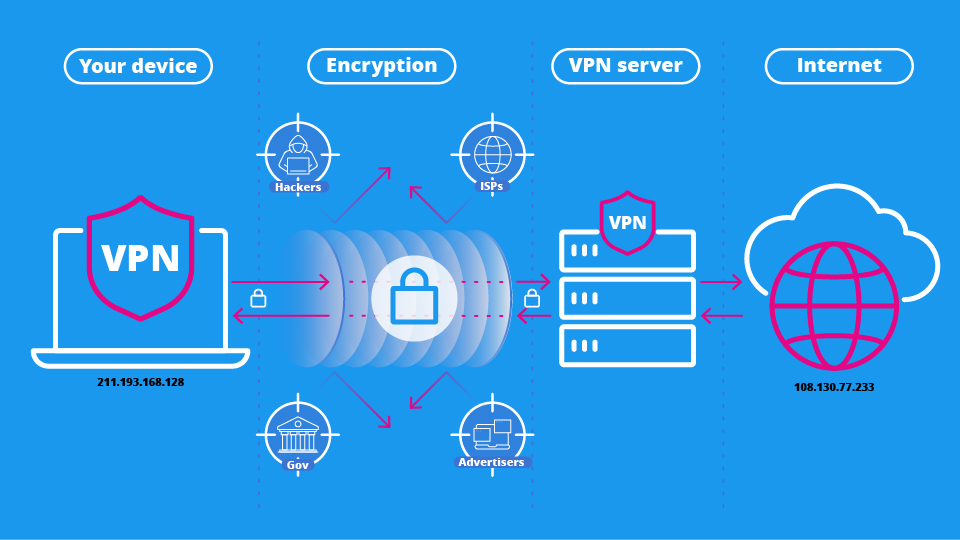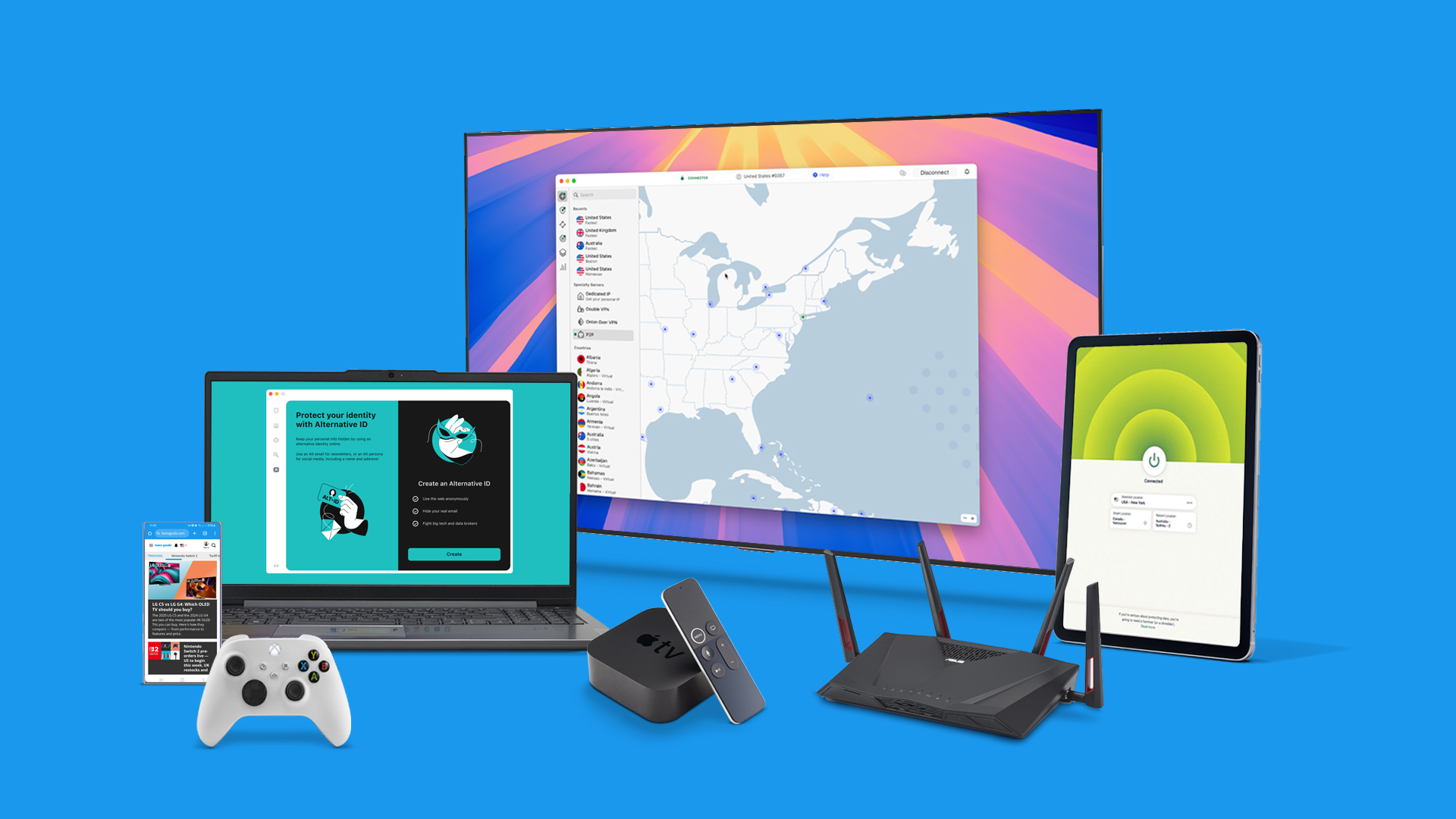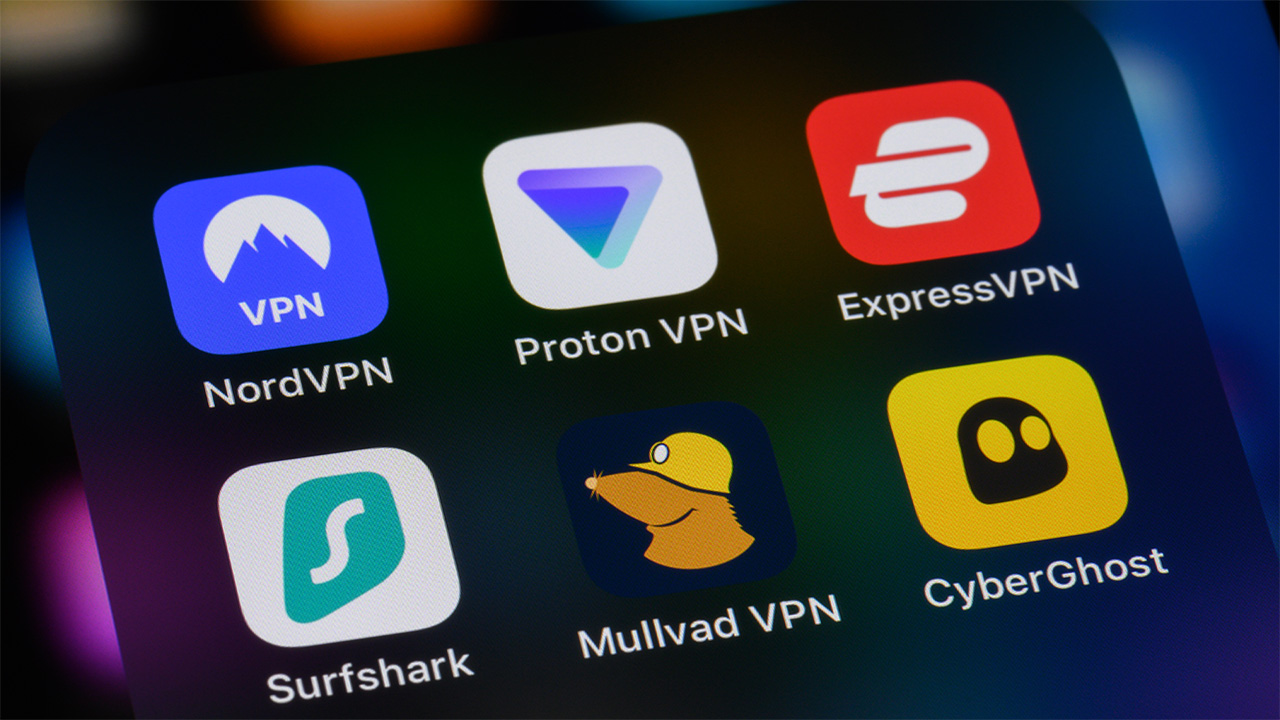
Here at Tom's Guide, we're big fans of quality VPNs. Whether its for streaming, avoiding censorship, or just peace of mind, there are plenty of reasons to use them. However, the fact of the matter is that not everyone needs, or uses, one of the best VPNs.
We wanted to find out how many of our readers use VPNs, and for those that don't, why not? We put out a survey, and found that just over 45% of you don't use VPNs.
A number of reasons were cited for this, including price, a lack of knowledge, tracking concerns, and having nothing to hide. Here, we'll break down some of these concerns and explain whether or not a VPN is right for you.
VPNs don't need to be daunting
38% of readers said they don't really know what a VPN is, and 24% said they don't know the benefits. VPNs can be confusing – especially if you don't write about them everyday like we do – but they're simpler than you might think.
A VPN, or Virtual Private Network, is a tool that protects your online privacy. Whenever you access the internet without one, your internet service provider (ISP) can see your internet activity and match it to your location and IP address. ISPs are well-known for storing and selling their users' data, and also often block certain websites they don't want people visiting – for whatever reason.
Your information is also potentially vulnerable to being intercepted by hackers and tracked by third-parties.
When you use a VPN, your internet traffic is routed through an encrypted tunnel. You connect to a VPN server before the internet. This masks your location and IP address, meaning your ISP doesn't know what websites you're visiting. This means your ISP can't choose which sites to block, because it can't see them in the first place.

If hackers intercept your data, it's protected by at least one layer of encryption and your data is safe. The most secure VPNs are beginning to adopt post-quantum encryption – the highest standard of encryption out there.
However, while VPNs protect your online privacy, they don't make you anonymous. This is a common VPN myth and it's important to know the difference between anonymity and privacy.
Beyond protecting your data, VPNs can help you watch your favorite shows if they're not available in your country. The best streaming VPNs can access all major streaming services, giving you access to a host of international streaming libraries. This is great if you're a Netflix subscriber. Different countries get different shows and movies, so using a VPN to change your location gets you access to tons more content.
VPNs are a vital tool for combating censorship and bypassing internet restrictions. The best travel VPNs are the perfect vacation companions and you can even try one of the best gaming VPNs.
26% of respondents said they don't know how to use a VPN, but it's often as simple as downloading an app and clicking a button.
If you're a VPN beginner, ExpressVPN is a great option. It's easy to use, quick, and packed full of features. There's an on/off button front and center, and it recently had a mobile app redesign making it even easier to use. You can read more in our ExpressVPN review.
What if you have nothing to hide?
It's not illegal to use a VPN, but they shouldn't be used for criminal activity. Neither Tom's Guide nor VPN providers condone the illegal use of VPNs.
Nearly 21% of you said you had nothing to hide. This may be the case, but it doesn't mean you don't need a VPN.
Privacy apathy is a growing concern, but regardless of whether you have something to hide, there's no harm in protecting your data.
Just because you don't have anything to hide, it doesn't mean your data is safe. Without a VPN, a majority of your internet activity is tracked and third-parties profit off selling your data.

Recent cyber attacks on retailers in the UK have shown that your data can't always be trusted in the hands of businesses. VPNs themselves can't directly protect you from a cyber attack, but many providers include threat protection in their plans.
Threat Protection Pro from NordVPN has been voted as the best VPN malware protection and it's very effective at detecting and warning you about malware and malicious links and sites, plus it blocks ads and trackers.
NordVPN and ExpressVPN have identity protection features as well. NordProtect and Identity Defender both offer up to $1 million in cyber insurance should you fall victim to a hack or scam. There's also credit and ID monitoring, and cyber extortion protection.
Do VPNs track you?
Like just over 12% of readers, concerns around VPNs tracking you might be why you don't subscribe to one.
Don't worry, reputable VPN providers will not track you. None of your usage data is logged, stored, or shared, and, as mentioned, some providers even include ad and tracker blocking features.
A no-logs policy is a provider's commitment and promise to you that it doesn't record what you're doing when connected to a VPN. These are free to read on VPN provider's websites and are often independently audited by security companies.
No-logs policies can even be proven in court. A recent case involving Windscribe was thrown out after the provider showed it was physically impossible to hand over usage data to authorities. The case showed just how important verifiable no-logs policies are.

The most private VPNs collect as little data as possible, but some information must be stored. Most, but not all, VPNs require an email address to create an account and credit card information to pay for your chosen plan.
A VPN can see where you connect to its servers from, known as your connecting IP address. But this shouldn't be logged and any further data is hidden, encrypted, and never stored.
Providers such as Mullvad and Obscura VPN, don't require email or credit card information, with the latter describing itself as private "by design."
Proton VPN is another privacy-focused VPN and has a host of anti-censorship features designed to protect the most vulnerable VPN users. You can even subscribe to Proton VPN Free without creating an account.
You don't always have to pay for a VPN
Not wanting, or being unable, to pay for a VPN is understandable and something 36% of readers cited as a reason for not having one.
We don't want there to be any obstacles to VPN protection, but they often require an up-front payment which isn't possible for everyone.
If price is your biggest barrier to VPN protection, then one of the best free VPNs could be for you. Not every free VPN is trustworthy but those we recommend will protect your data with the same levels of privacy and security as their paid counterparts.
Free VPNs don't have loads of features, tend to only protect one device, and can have monthly data limits. But they do the basics well and are a great first step into VPNs.
If you can afford to pay for a VPN but don't want to spend a fortune, then it's worth checking out one of the best cheap VPNs. Coming in at just over $2 per month, we rate Surfshark as the best cheap VPN overall – it's also the fastest VPN we've tested and number two in our overall VPN rankings.
Private Internet Access (PIA) is another great option for around the $2 per month mark. PrivadoVPN is an even cheaper option, coming in at just over $1 per month.
So ,no matter your budget, there's a VPN for you. It's never been more important to take control of your data and online privacy, and a VPN is the perfect tool to help you in that quest.
We test and review VPN services in the context of legal recreational uses. For example:1. Accessing a service from another country (subject to the terms and conditions of that service).2. Protecting your online security and strengthening your online privacy when abroad.We do not support or condone the illegal or malicious use of VPN services. Consuming pirated content that is paid-for is neither endorsed nor approved by Future Publishing.







